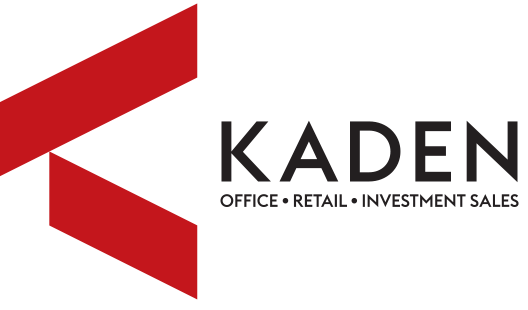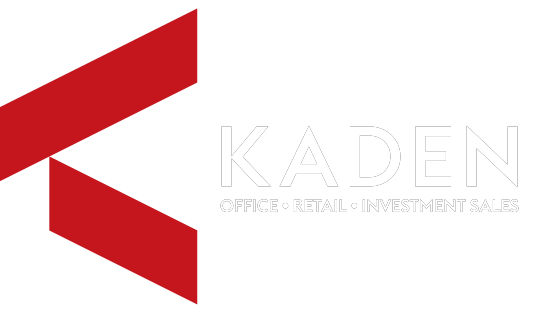
How to Buy an Established Business in NYC: A Step-by-Step Guide
Buying an established business in New York City can be one of the best investment decisions you make. Unlike starting from scratch, purchasing an existing business offers immediate revenue, a built-in customer base, and a proven operational model. But how do you ensure that your investment is smart and profitable? Here’s everything you need to know.
Why Buy an Established Business Instead of Starting from Scratch?
Many entrepreneurs debate whether to start a business from the ground up or purchase an existing one. Here’s why an established business can be a safer and smarter choice:
- ✅ Immediate Cash Flow – Unlike startups, which may take years to turn a profit, an established business already has revenue coming in.
- ✅ Built-in Customer Base – You inherit an existing customer network, making marketing and sales easier.
- ✅ Trained Staff & Established Operations – You won’t have to worry about hiring or training an entirely new team.
- ✅ Easier Financing – Banks and investors are more likely to fund a business with proven success than a risky startup.
- ✅ Brand Recognition – You’re buying a name that people already know and trust.
Steps to Buying an Established Business in NYC
1. Identify the Right Business for You
Before diving in, determine what type of business suits your experience, passion, and financial goals. Consider:
- Industry preferences (e.g., food service, retail, service-based businesses)
- Business size and revenue expectations
- Location demand (high foot traffic vs. niche markets)
2. Conduct Market Research
Research the business’s market position, competition, and growth potential in NYC. Ask questions like:
- Is the business in a growing industry?
- Are there strong local competitors?
- What is the demand for the business’s products/services?
3. Review Financial Statements & Business Performance
Analyze the business’s profit & loss statements, balance sheets, and tax returns for at least the past three years. Key factors to look for:
- Consistent revenue and profit growth
- Sustainable operating costs
- No hidden liabilities or outstanding debts
4. Evaluate Business Assets & Liabilities
What exactly are you getting in the deal? Assess:
- Physical assets (equipment, inventory, real estate, etc.)
- Intellectual property (branding, trademarks, client lists)
- Contracts & leases (rent agreements, supplier contracts)
5. Understand Why the Business is for Sale
It’s essential to know the reason behind the sale. Red flags include:
- Poor financial health
- Declining customer interest
- Industry downturns
- Disputes with landlords or suppliers
Legitimate reasons include retirement, relocation, or shifting business interests.
6. Secure Financing for the Purchase
Once you decide to move forward, figure out how you’ll pay for it. Options include:
- Small Business Administration (SBA) loans
- Bank financing
- Seller financing (where the current owner allows you to make payments over time)
- Investor partnerships
7. Negotiate the Sale Price & Terms
Use financial data and market research to negotiate a fair price. Key negotiation points:
- Purchase price based on revenue, assets, and goodwill
- Owner’s involvement during transition (training, consulting, etc.)
- Any liabilities the new owner must take on
8. Conduct Due Diligence
Before finalizing the deal, ensure everything checks out:
- Review legal agreements and contracts
- Inspect business licenses, permits, and regulatory compliance
- Talk to employees and customers (if possible)
9. Finalize the Sale & Transition the Business
Once the purchase agreement is signed, transition the business smoothly. This includes:
- Training with the former owner (if applicable)
- Introducing yourself to employees and key stakeholders
- Implementing any necessary operational improvements
Key Considerations Before You Buy
- ✅ Legal & Compliance Checks – Ensure the business is legally sound with no pending lawsuits or violations.
- ✅ Customer & Employee Feedback – A strong business will have positive reviews and engaged employees.
- ✅ Industry Trends & Risks – Some industries are more recession-proof than others. Make sure the business model is sustainable.
- ✅ Exit Strategy – Have a long-term plan in case you decide to sell the business later.
Find Your Next Investment Opportunity
If you’re looking for a profitable, established business in NYC, Kaden offers a selection of high-quality business listings.
🔍 Browse our latest listings today: View Businesses for Sale
💬 Need guidance? Contact our team for expert advice!
For more information on NYC Small Business Services or SBA Loan Programs, please utilize the following:
- NYC Small Business Services (NYC SBS): https://www.nyc.gov/site/sbs/index.page
- SBA Loan Programs (SBA.gov): https://www.sba.gov/funding-programs/loans

